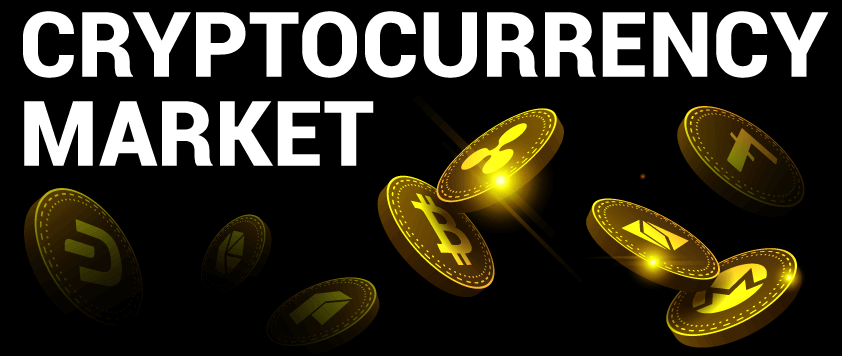Heart Hunter
Exploring the passion for the heart's adventures.
Sailing the Virtual Currency Waves: What Trends Are Making a Splash?
Discover the hottest trends in virtual currency! Dive into our blog to uncover what's making waves in the crypto space today!
Navigating the Current: Key Trends in Virtual Currency for 2023
The landscape of virtual currency is evolving rapidly in 2023, with several key trends shaping the future of digital assets. One of the most notable changes is the increasing adoption of decentralized finance (DeFi) applications, which are revolutionizing the way individuals and businesses engage with financial services. Traditional banking systems are being challenged by innovative protocols that offer greater accessibility and lower costs. Additionally, regulatory scrutiny is intensifying, prompting both cryptocurrency projects and users to adapt their practices to comply with new legal frameworks. This shift towards compliance is essential for fostering broader trust and acceptance among mainstream audiences.
Another significant trend is the rise of central bank digital currencies (CBDCs), which are being explored or implemented by various countries around the globe. CBDCs promise to bridge the gap between traditional finance and the growing demand for digital currency, providing a state-backed alternative to existing cryptocurrencies. Furthermore, the integration of blockchain technology across various sectors continues to gain traction, with industries like supply chain management, healthcare, and entertainment leveraging virtual currency solutions to enhance transparency and efficiency. As we move through 2023, staying informed about these trends is crucial for anyone looking to navigate the complex world of digital currencies.

Counter-Strike is a popular tactical first-person shooter game that challenges players to work as a team to complete objectives. One of the exciting aspects of the game is the vibrant community and various platforms that offer bonuses and rewards, such as using a csgoroll promo code to enhance your gaming experience.
Is Decentralized Finance the Future of Virtual Currency?
Decentralized Finance (DeFi) has emerged as a revolutionary force in the world of virtual currency, offering a plethora of services that challenge traditional financial systems. By leveraging blockchain technology, DeFi platforms enable individuals to lend, borrow, and trade assets without the need for intermediaries like banks. This shift towards a more decentralized paradigm promotes financial inclusion, allowing anyone with an internet connection to participate in global finance. As DeFi applications continue to proliferate, they present an alluring alternative to centralized finance, raising important questions about the future of virtual currency.
However, the volatility and regulatory challenges associated with virtual currencies pose significant hurdles for widespread adoption of DeFi. For instance, the lack of consumer protection and the potential for smart contract vulnerabilities have led to skepticism among some investors. Despite these challenges, the underlying principles of DeFi—transparency, accessibility, and efficiency—position it as a key player in the evolution of finance. As more individuals and institutions recognize the value of decentralized systems, the future of virtual currency could very well hinge on the sustainability and scalability of the DeFi movement.
The Rise of NFTs: What Does It Mean for the Virtual Currency Market?
The rise of NFTs, or Non-Fungible Tokens, is reshaping the landscape of the virtual currency market, driving interest and investment across various sectors. Unlike traditional cryptocurrencies such as Bitcoin or Ethereum, which are fungible and can be exchanged on a one-to-one basis, NFTs represent unique digital assets verified using blockchain technology. This uniqueness has created new avenues for artists, musicians, and creators, allowing them to monetize their work in ways that were previously unimaginable. As NFTs gain traction, they are expected to influence the broader acceptance and integration of virtual currencies within mainstream financial systems.
As the popularity of NFTs continues to grow, several implications for the virtual currency market are becoming clear. Firstly, the increasing demand for NFTs can potentially drive up the value of the cryptocurrencies that support their transactions, such as Ethereum. Additionally, as more businesses and brands enter the NFT space, we may see a rise in decentralized finance (DeFi) platforms and services, promoting a more dynamic and diverse ecosystem. In conclusion, the rise of NFTs not only signifies a shift in how we perceive ownership in the digital world but also sets the stage for the evolution of virtual currencies, pointing to an increasingly interconnected financial future.